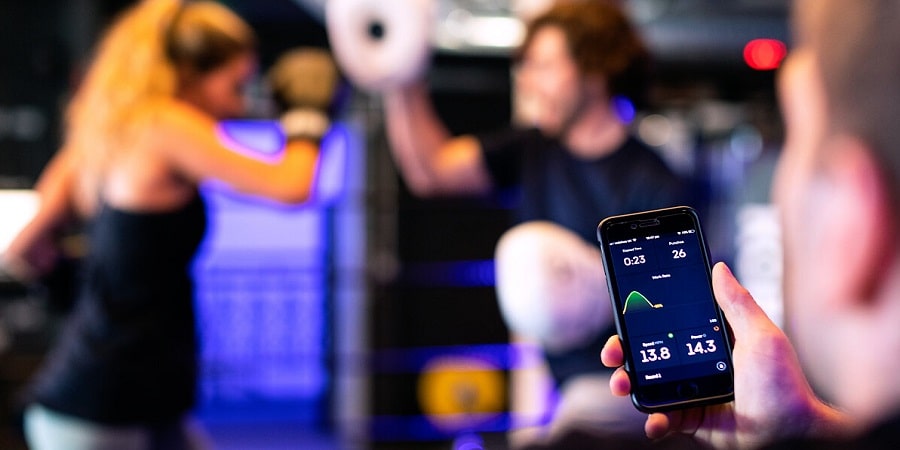The sports betting industry has come a long way since its inception, and with advances in technology, it has become even more accessible and user-friendly. In recent years, the emergence of online betting platforms has revolutionized the way people place bets on sports events. However, this is only the beginning, as the future of sports betting is likely to be influenced by new technologies.
One of the key technologies that will impact the future of sports betting is artificial intelligence (AI). AI algorithms can analyze vast amounts of data and provide accurate game and match outcome predictions. This can benefit bookmakers by allowing them to offer more accurate odds and offer better odds to customers. In turn, customers will be able to make informed decisions and have more fun betting.
Blockchain, another technology that affects rates. A decentralized ledger providing completely secure and tamper-proof transactions, all thanks to the blockchain. In the world of sports betting, this system will be available as a transparent online betting platform. This can reduce the risk of fraud and increase the overall credibility of the industry. In addition, blockchain can be used to create a decentralized sports betting platform, which provides a fairer distribution of profits and greater transparency.
Implementation of VR and AR technology in sports
VR and AR technologies are also expected to play a big role in the future of sports betting. These innovations can provide a more immersive and engaging experience for users by allowing them to bet on virtual sports events and take part in virtual games. For example, players will be able to bet on virtual football matches or virtual horse races and watch the events unfold with their own eyes. This could make sports betting more accessible and convenient for customers as they can play from the comfort of their own home.

In addition, the growing popularity of esports will also affect the future of sports betting. The popularity of esports is rapidly growing and many traditional betting companies are now offering esports betting options to customers. This trend is expected to continue and esports betting is predicted to become a major segment of the sports betting industry in the coming years.
Finally, the use of smartwatches and fitness bands will also play a role in the future of sports betting. These devices can provide real-time information about athletes’ fitness and performance, which bookmakers can use to provide more accurate odds.
In conclusion, the future of sports betting is expected to be driven by new technologies such as artificial intelligence, blockchain, virtual/augmented reality, esports and wearable technology. These innovations will open up new opportunities and challenges for the industry, but ultimately provide customers with a more enjoyable, convenient and engaging betting experience. The sports betting industry is rapidly evolving and it will be interesting to see how these technologies affect its future growth.
